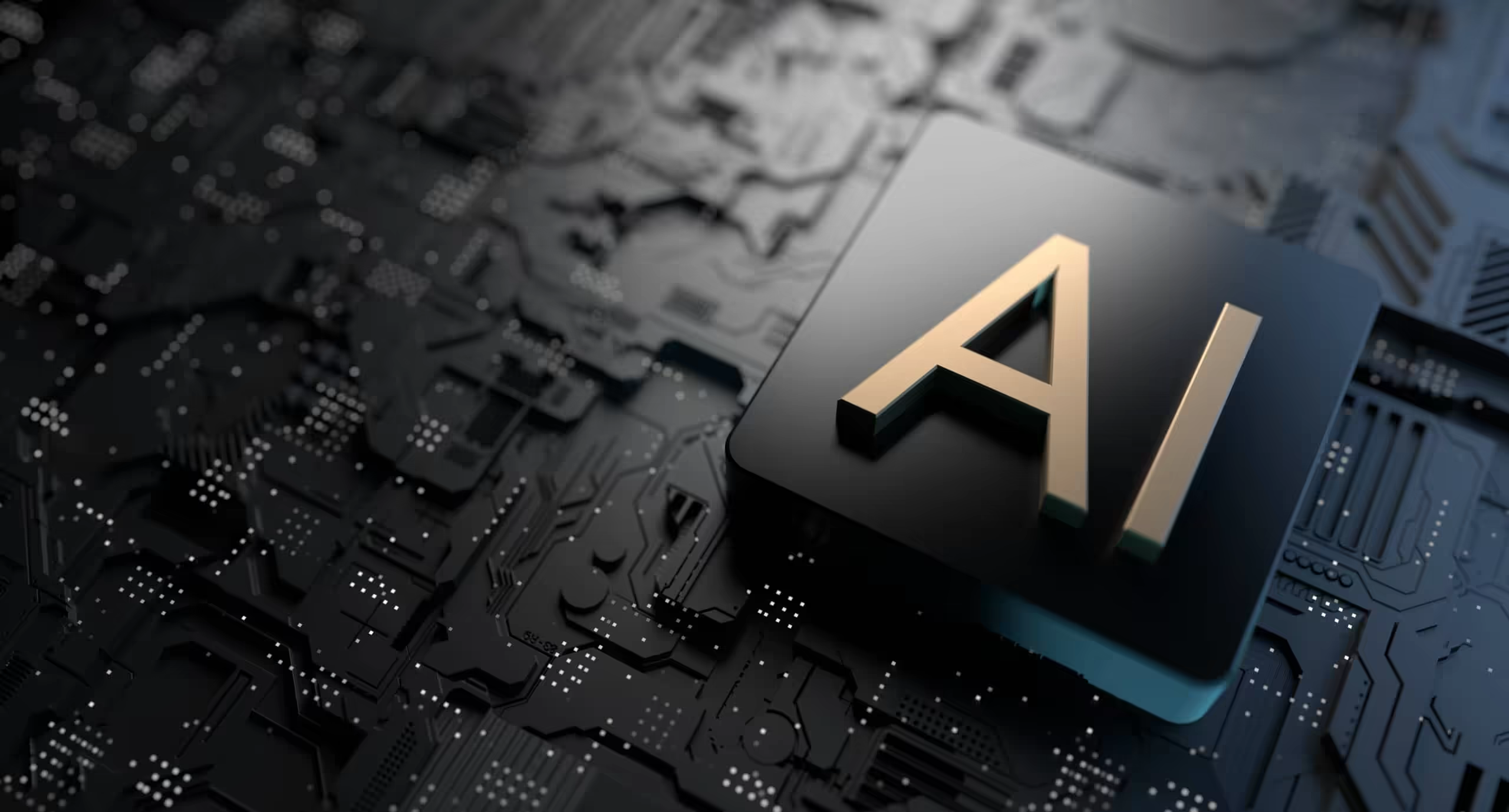A game-changing player has arisen in the ever-evolving environment of software testing, challenging existing approaches and delivering a paradigm shift: Generative Artificial Intelligence (Generative AI). This revolutionary technology goes beyond traditional testing limits, offering novel ways that distinguish it in the quest for high-quality software and success.
Autonomous Creation Unleashed: The Core of Generative AI's Impact
The capacity to independently produce material is at the heart of Generative AI, a break from AI's traditional function in interpretation or recognition. This transforming skill has found application in a variety of creative professions, ranging from painting to music creation, and is currently making waves in the world of software testing. What separates generative AI in QA is its ability to revolutionize how test cases are developed, run, and adapted to the dynamic nature of modern software systems.
Intelligent Test Case Generation: Accelerating Testing Processes
Traditional test case generation is frequently a manual and time-consuming procedure. Testers methodically design scenarios based on their understanding of the application's functionality, probable user interactions, and important routes. While successful, this technique is inevitably restricted by human restrictions, which frequently lead to scalability and coverage issues. With the promise of intelligent test case production, generative AI enters this space.
Adaptive Testing Strategies: Aligning Testing with Iterative Development
Furthermore, the significance of Generative AI extends beyond the production of test cases to adaptive testing methodologies. Maintaining a thorough and up-to-date test suite in the dynamic terrain of software development, where updates and alterations are ongoing, is a daunting issue. Generative AI algorithms continually analyze changes in application behavior and alter test suites to accommodate new features or functions. This adaptive testing methodology is in sync with the iterative nature of current software development, guaranteeing that the testing process changes in tandem with the application.
Proactive Anomaly Detection: Enhancing Software Reliability
One of the most significant advantages of Generative AI in software testing is its capacity to discover possible flaws through anomaly detection. Generative AI models may discover anomalies or unexpected behavior in the system by learning the usual patterns of software behavior. This proactive method to discover issues before they affect end users demonstrates the efficacy of Generative AI in improving software stability.
Diverse Technologies, Unified Testing: Generative AI's Technological Adaptability
When considering the multiplicity of applications and technology found in current software systems, the transformational potential of Generative AI in software testing becomes even more apparent. Applications are frequently made up of interconnected modules that use a variety of technologies and frameworks. Manual testing efforts in this heterogeneous technology context may be difficult and time-consuming. However, generative AI is intended to interface smoothly with many technologies, giving a unified and adaptive testing methodology.
Striking the Right Balance: Challenges and Considerations in Generative AI Integration
While the benefits of Generative AI in software testing are obvious, there are obstacles and concerns that come with incorporating it into testing processes. To guarantee relevance, functionality, and conformity to quality standards, the autonomously produced test cases must be thoroughly validated. Finding the correct mix between inventiveness and dependability becomes critical when using Generative AI for software testing.
Related: HIX Chat Review: Versatile Free AI Chat Solutions
Ethics in the Spotlight: Ensuring Generative AI Alignment with Standards
Furthermore, when using Generative AI in testing, ethical concerns emerge. The autonomous development of code and test cases raises concerns about accountability, transparency, and the potential biases inherent into the created artifacts. Ensuring that Generative AI adheres to ethical and quality standards becomes a shared duty, necessitating a comprehensive strategy that includes rigorous validation methods and constant inspection.
Pioneering Excellence in Software Testing with Generative AI
What sets Generative AI apart in software testing is its transformative potential to revolutionize how testing is approached and executed. From intelligent test case generation to adaptive testing strategies and anomaly detection, Generative AI introduces innovative approaches that go beyond the capabilities of traditional testing methodologies. While challenges and ethical considerations accompany its integration, the promise of enhanced efficiency, coverage, and reliability positions Generative AI as a groundbreaking force in the continuous pursuit of software testing excellence. As technology continues to advance, the intersection of Generative AI and software testing holds the promise of shaping the future of quality assurance, where innovation and automation converge for unparalleled success in the world of software development.



